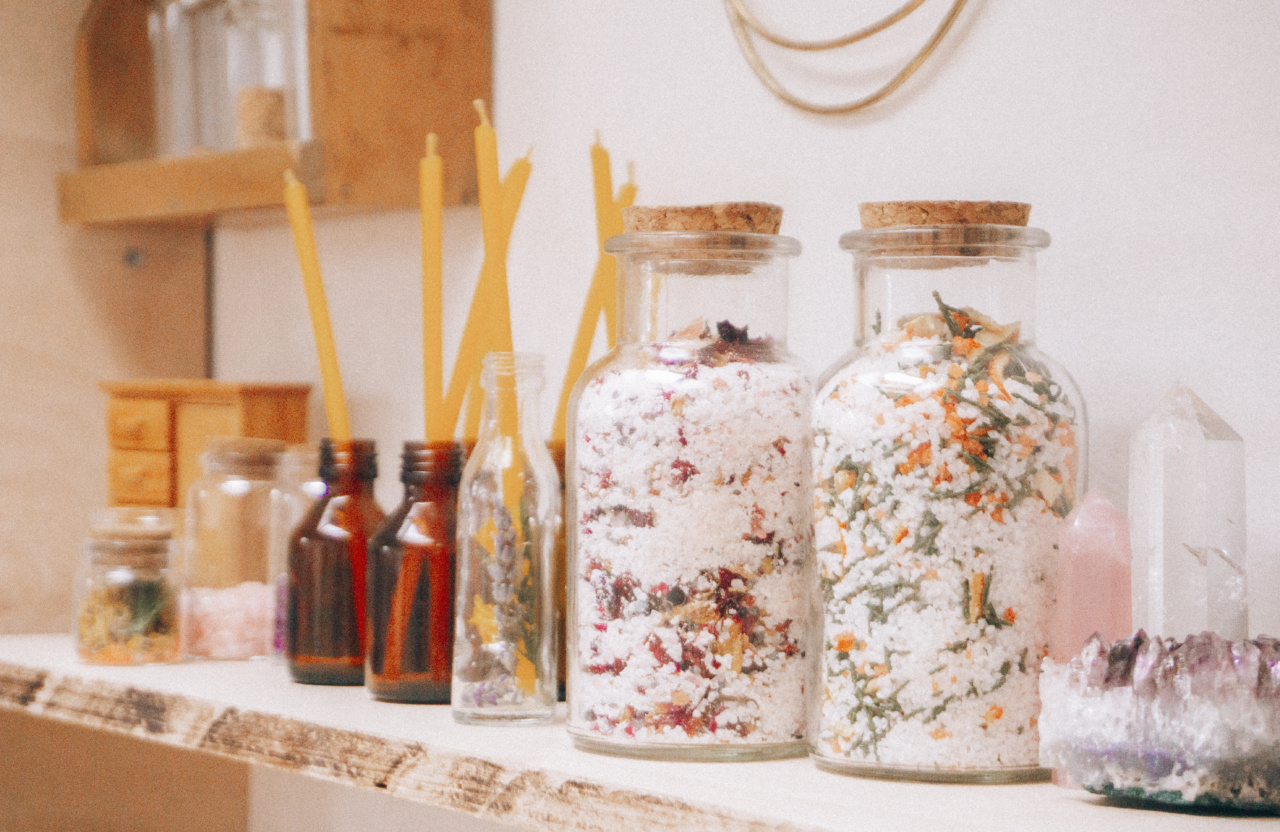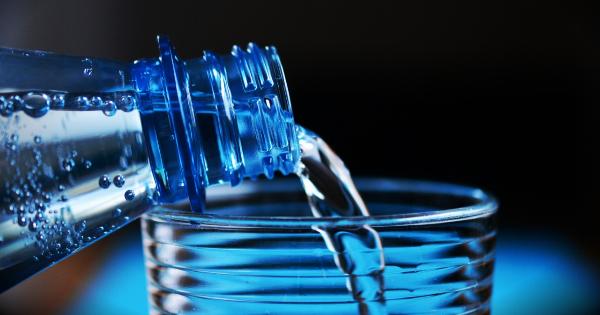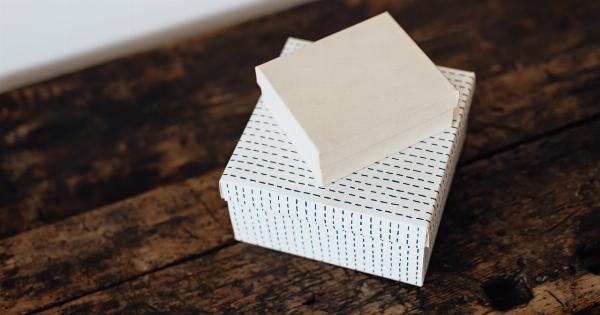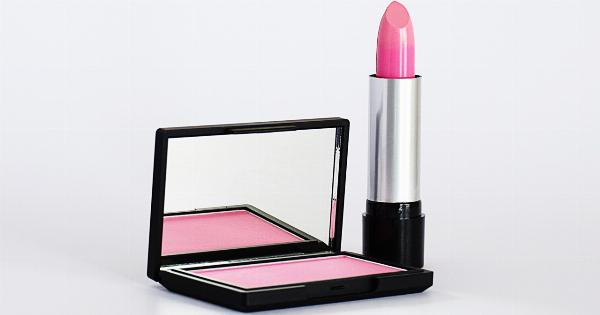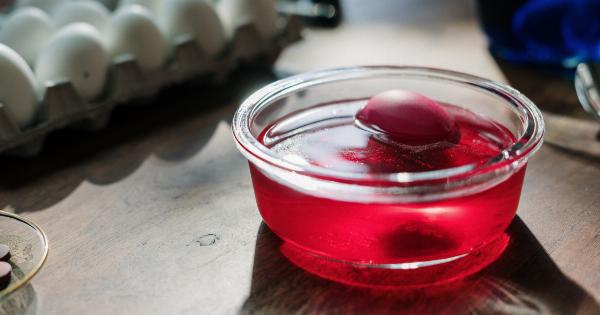Mineral water is a popular choice for hydration, as it not only quenches thirst but also provides essential minerals. However, it is important to understand how to maximize the shelf life of bottled mineral water to ensure its freshness and quality.
In this article, we will explore tips and strategies for maintaining the longevity of bottled mineral water.
1. Choose a Reliable Brand
When buying bottled mineral water, it is crucial to select a reputable and reliable brand. Established brands often focus on maintaining the quality and freshness of their products, including rigorous quality control measures.
Look for brands that adhere to international standards and have a good track record in the industry.
2. Check the Expiration Date
Always check the expiration date of bottled mineral water before purchasing it. This date indicates the recommended period for consuming the water while it is still at its best quality.
Avoid purchasing bottles that are close to or have already exceeded their expiration date.
3. Handle with Care
Proper handling of bottled mineral water can significantly impact its shelf life. Avoid exposing the bottles to excessive heat, direct sunlight, or extreme cold, as these conditions can affect the water’s quality.
Store the water in a cool and dark place, away from any chemical or strong-smelling substances that could potentially contaminate the water.
4. Maintain a Stable Temperature
Fluctuating temperatures can accelerate the degradation of mineral water. It is important to store bottled water in an environment with a stable temperature.
Avoid storing the water in areas that experience frequent temperature changes, such as near appliances or doors. The optimal storage temperature for bottled mineral water is between 50°F (10°C) and 70°F (20°C).
5. Avoid Freezing
While keeping bottled water cold can be refreshing, freezing it can have detrimental effects. When water freezes, it expands and can potentially cause the bottle to crack or burst.
Moreover, freezing alters the taste and quality of the water, resulting in an unpleasant drinking experience. Always keep bottled mineral water away from freezing temperatures and opt for refrigeration instead.
6. Use Sealed Containers
If you need to transfer mineral water from its original container to a different one, ensure that the new container is properly sealed. Airtight containers prevent the entry of bacteria, contaminants, and odors.
Consider using glass or food-grade plastic bottles with tight-fitting lids or caps to maintain the water’s freshness and quality.
7. Avoid Cross Contamination
When handling bottled mineral water, it is essential to minimize the risk of cross-contamination. Ensure your hands are clean and free of any potential contaminants before touching the bottle, cap, or opening.
Additionally, avoid touching the inside of the cap or bottle rim, as this can introduce bacteria or other harmful substances.
8. Don’t Mix with Other Liquids
To maintain the purity of mineral water, avoid mixing it with other liquids. Even a small amount of juice, soda, or other beverages can degrade its quality and alter the taste.
If you prefer flavored water, consider infusing it with natural herbs, fruits, or vegetables by adding them directly to the bottle.
9. Consume within a Reasonable Timeframe
Bottled mineral water is best consumed within a reasonable timeframe to ensure optimal freshness and taste. While the water remains safe to drink beyond its expiration date, its quality may diminish over time.
It is recommended to consume the water within six months to one year of the purchase date for the best experience.
10. Regularly Inspect for Damages or Leaks
Periodically inspect your bottled mineral water for any damages or leaks. Damaged bottles can compromise the water’s quality and introduce contaminants.
If you notice any cracks, leaks, or signs of tampering, it is best to discard the bottle and replace it with a new one.
Conclusion
By following these tips and strategies, you can maximize the shelf life of bottled mineral water and ensure its freshness and quality.
Choose a reliable brand, check the expiration date, handle the water with care, maintain a stable temperature, and avoid freezing. Use sealed containers, avoid cross-contamination, don’t mix with other liquids, consume within a reasonable timeframe, and regularly inspect for damages or leaks.
Taking these measures will help you enjoy the refreshing benefits of mineral water whenever you need it.
